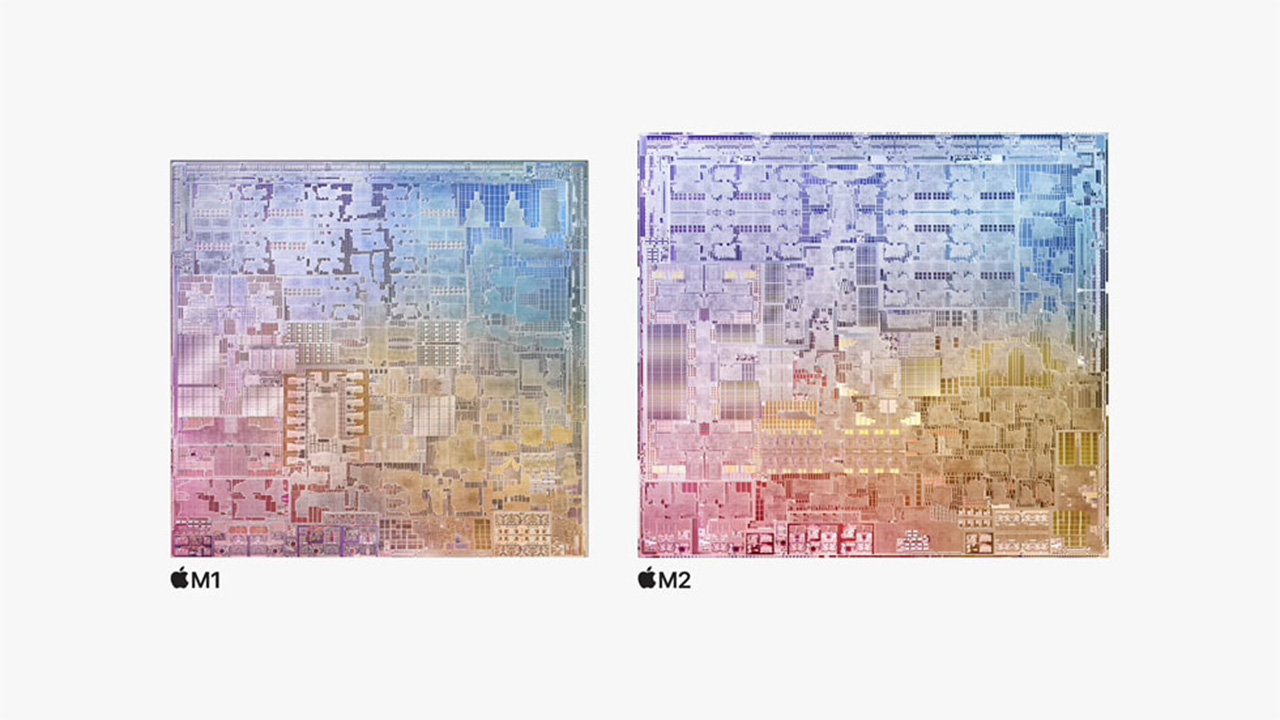Apple Inks New Long-Term Arm License Agreement Through 2040
Apple to remain buddies with Arm for years to come.

Being one of the founders of Arm, Apple has always had a longstanding relationship with the CPU design company, and its own custom Arm-based SoCs power its smartphones, tablets, PCs, and other electronics. Recently, the two companies extended their license agreement by almost 20 years, till 2040, which is an extremely long period for the high-tech industry.
"We have entered into a new long-term agreement with Apple that extends beyond 2040, continuing our longstanding relationship of collaboration with Apple and Apple's access to the Arm architecture," a statement by Arm reads.
Apple offers a wide range of products spanning various categories, including high-end devices such as Mac desktops and MacBook laptops, iPhones, iPads, and Apple TV set-top boxes, all of which rely on custom system-on-chips (SoCs) built around specially tailored Arm cores. Furthermore, gadgets like the Apple Watch, AirPods, and Homepod Mini are equipped with system-in-packages (SiPs) that harness Arm technologies too. Apple also incorporates Arm cores in its controllers, such as the T2, W3, U1, and others. In short, all of the products carrying an Apple logo also happen to carry multiple Arm cores.
Signing a long-term license that spans over 15 years before Arm goes public later this year is certainly Apple's vote of confidence in Arm's technologies. While Arm has hundreds of clients, many of them are industry behemoths like Apple, AMD, Nvidia, and Samsung, it doesn't look like the company has disclosed similar long-term licensing deals with any of them.
Although virtually all of Apple's products rely on the Arm instruction set architecture today, the company has been exploring the RISC-V ISA since at least mid-2021, so the consumer electronics giant is certainly not putting its eggs into one basket. There are many reasons why Apple is interested in RISC-V beyond risk management. Since RISC-V is an open-source ISA, it can be innovated quickly and without informing its original inventors. As a result, if Apple wants to introduce something brand-new and cannot wait for Arm to innovate its ISA, it will have to turn to RISC-V instead.
In addition to licensing Arm's ISA, Apple will also be one of the anchor investors in the upcoming Arm IPO.
Get Tom's Hardware's best news and in-depth reviews, straight to your inbox.

Anton Shilov is a contributing writer at Tom’s Hardware. Over the past couple of decades, he has covered everything from CPUs and GPUs to supercomputers and from modern process technologies and latest fab tools to high-tech industry trends.
-
ekio This contract only means super discount to them. So it’s not in favour of arm, it’s in favor of Apple…Reply
If they want to switch to riscv or apple isa in 10 years, they will.